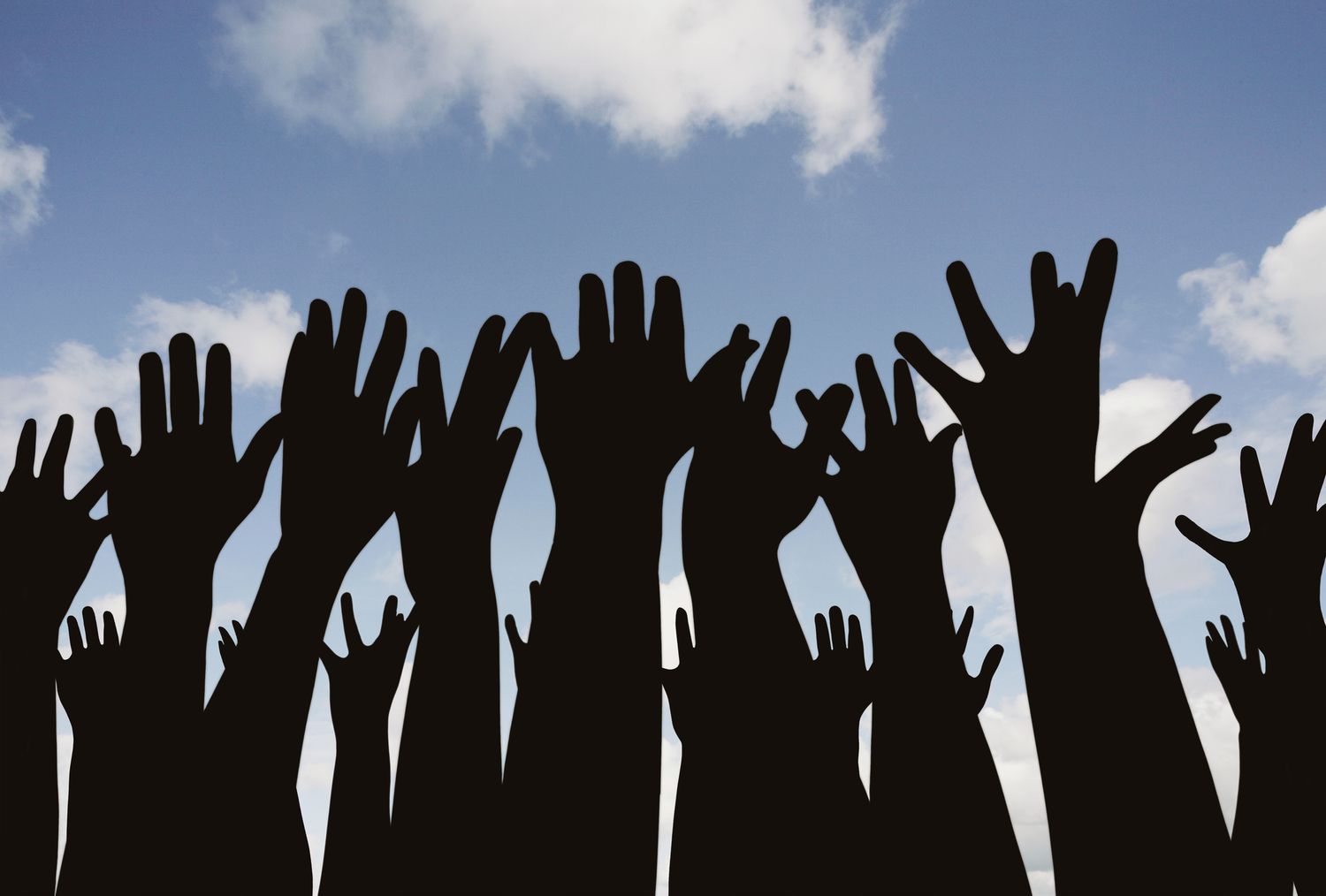
Democracy is a system where people have the power to make decisions about their government. But what makes it tick? Democracy isn't just about voting; it's about freedom, equality, and justice. Imagine living in a place where your voice matters, where you can speak your mind without fear. That's the essence of democracy. From ancient Greece to modern times, this system has evolved, adapting to new challenges and ideas. Curious about how it all works? Let's dive into 22 intriguing facts that will give you a deeper understanding of democracy and its impact on our world.
What is Democracy?
Democracy is a system of government where citizens exercise power by voting. It's a form of governance that allows people to have a say in decisions that affect their lives. Here are some fascinating facts about democracy.
-
Ancient Roots: Democracy originated in ancient Greece around the 5th century BCE. The term comes from the Greek words "demos" (people) and "kratos" (power).
-
Direct vs. Representative: There are two main types of democracy: direct and representative. In a direct democracy, citizens vote on laws directly. In a representative democracy, they elect officials to make decisions on their behalf.
-
First Democracy: Athens is often credited as the birthplace of democracy. Citizens participated in decision-making through assemblies and councils.
Key Features of Democracy
Democracy has several defining characteristics that set it apart from other forms of government. These features ensure that power remains with the people.
-
Free and Fair Elections: Elections must be free and fair, allowing all eligible citizens to vote without coercion or fraud.
-
Rule of Law: Everyone, including government officials, is subject to the law. This ensures accountability and justice.
-
Separation of Powers: Power is divided among different branches of government (executive, legislative, judicial) to prevent abuse.
-
Protection of Rights: Democracies protect individual rights and freedoms, such as freedom of speech, religion, and assembly.
Democracy Around the World
Democracy has spread across the globe, with various countries adopting democratic principles in different ways.
-
Oldest Continuous Democracy: The United States is often considered the oldest continuous democracy, with its Constitution adopted in 1787.
-
Largest Democracy: India is the world's largest democracy, with over 900 million eligible voters.
-
Youngest Democracies: Many countries in Africa and Eastern Europe transitioned to democracy in the late 20th and early 21st centuries.
Challenges to Democracy
Despite its many advantages, democracy faces several challenges that can threaten its stability and effectiveness.
-
Voter Apathy: Low voter turnout can undermine the legitimacy of elections and the democratic process.
-
Corruption: Corruption can erode trust in democratic institutions and lead to unequal representation.
-
Populism: Populist leaders can exploit democratic systems to gain power, often undermining democratic norms and institutions.
Interesting Facts About Democracy
Democracy has many intriguing aspects that highlight its complexity and diversity.
-
Women’s Suffrage: New Zealand was the first country to grant women the right to vote in 1893.
-
Youth Participation: In some countries, like Brazil and Austria, citizens can vote at 16.
-
Longest Serving Leader: Franklin D. Roosevelt served four terms as U.S. President, the longest in American history, before term limits were established.
-
Digital Democracy: Estonia is a pioneer in digital democracy, allowing citizens to vote online since 2005.
Democracy in Action
Democracy is not just about voting; it involves active participation and engagement from citizens.
-
Civil Society: Non-governmental organizations (NGOs) and community groups play a crucial role in advocating for citizens' rights and holding governments accountable.
-
Public Protests: Peaceful protests are a vital part of democratic expression, allowing citizens to voice their concerns and demand change.
-
Referendums: Some democracies use referendums to let citizens vote directly on specific issues, such as Brexit in the United Kingdom.
-
Town Hall Meetings: In the U.S., town hall meetings allow citizens to engage directly with their elected officials and discuss community issues.
-
Participatory Budgeting: Some cities, like Porto Alegre in Brazil, involve citizens in deciding how public funds are spent, enhancing transparency and accountability.
Final Thoughts on Democracy
Democracy stands as a testament to human resilience and the quest for freedom. It's not just a system of government; it's a way of life that values freedom, equality, and justice. From ancient Greece to modern nations, democracy has evolved, adapting to the needs of its people. It empowers citizens, giving them a voice in decisions that shape their lives. However, democracy isn't without challenges. It requires active participation, vigilance, and a commitment to uphold its principles. As we reflect on these 22 facts, it's clear that democracy's strength lies in its ability to adapt and grow. By understanding its history and complexities, we can better appreciate the freedoms we enjoy and work towards a more inclusive and just society. Democracy, with all its imperfections, remains a beacon of hope for many around the world.
Was this page helpful?
Our commitment to delivering trustworthy and engaging content is at the heart of what we do. Each fact on our site is contributed by real users like you, bringing a wealth of diverse insights and information. To ensure the highest standards of accuracy and reliability, our dedicated editors meticulously review each submission. This process guarantees that the facts we share are not only fascinating but also credible. Trust in our commitment to quality and authenticity as you explore and learn with us.


